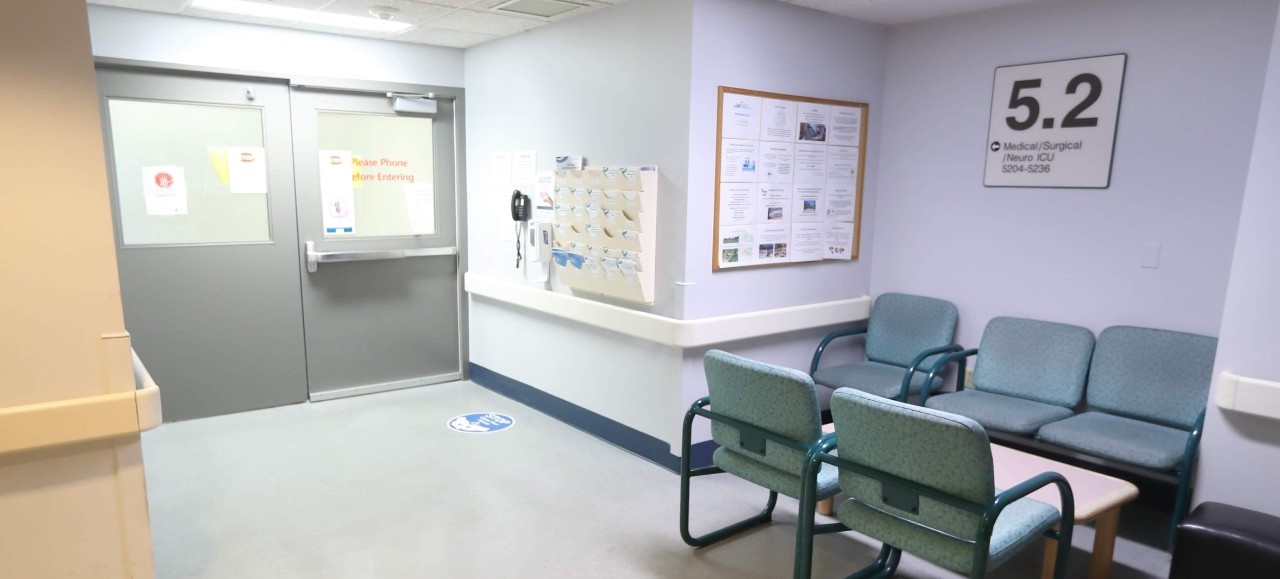For three years now, we have been using a Daily Rounds Tool (DaRT) in clinical daily practice. The DaRT is a short survey available on both Computers On Wheels (present in each unit) that facilitates quality & patient safety data monitoring and auditing; the surveys are anonymized, and items collected are based on Accreditation ROPs, high priority tasks and “DHW reportables”. This data has dramatically helped us identify areas requiring further attention (e.g., completing consent forms, discussing target sedation levels) and those at which we excel (e.g., gut, VAP and VTE prophylaxis, delirium discussion). This year, we have modified our DaRT to align with the Society of Critical Care Medicine (SCCM)’s ABCDEF Bundle for Delirium prevention and management, which also aligns with Choosing Wisely Canada’s recommendations for minimizing unnecessary interventions in ICU.
We are particularly proud of our work with Delirium and the Mobility projects, which go hand in hand. The literature demonstrates that getting patients –especially the sickest patients- moving as soon as possible, mitigates delirium. This is of paramount importance because delirium increases patient mortality, ICU and hospital lengths of stay, cognitive impairment and functional decline. We have established dedicated physiotherapists in the units 7 days a week, who work closely with our Mobility Champions and the critical care nursing staff to get patients moving as safely as possible, as early as possible.
We have grown our Pressure Injury Prevention (PIP) program through the enthusiasm of PIP Champions in each unit; we have established protocols for identification and treatment and liaise routinely with the Wound Injury Team. We have generated an audit tool and incorporated PIP and care into the daily nursing lexicon and handover. We have developed a policy for wound documentation using digital photography which has dramatically improved our objective assessment and documentation of pressure injuries. Work continues around physician education and engagement, and facilitated in part by Dr. Jack Rasmussen, a Plastic Surgeon & Intensivist with a special interest in wound prevention and care.
We have recently updated Routine ICU Admission Orders PPOs to reflect an analgesia-first/RASS-targeted, minimal sedation practice, which aligns with the latest PADIS (Pain Agitation Delirium Sedation) Guidelines (SCCM). Ongoing updates to important pre-printed order sets continue, with protocolized reassessment every 3 years or sooner, as the need arises. With the provincial reorganization, all PPOs are updated with a provincial lens in order to facilitate and nurture evidence-based practices across our province.
Other exciting projects that are based in Quality Improvement but that are lead through separate initiatives include the THINK Research Provincial Order Set Project, and the Infusion Pump Implementation Project.
In addition to Mobility, Delirium and IPAC initiatives, we are working on improving sleep hygiene, inspiratory muscle training for prolonged wean patients, practitioner wellness, and reducing bleeding complications for our ECMO patients.
